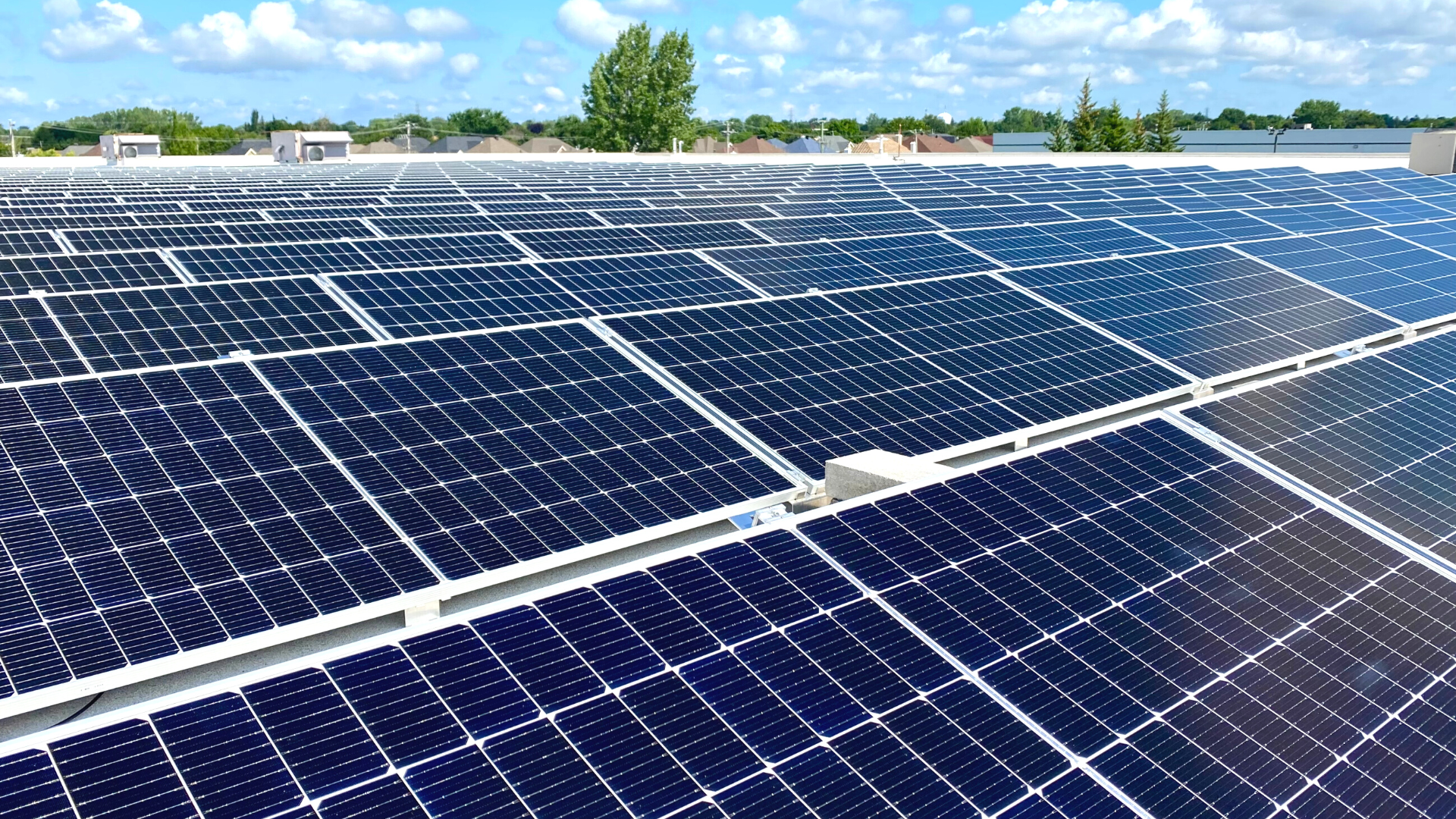Carbon Programs in Canada
Canadian carbon programs are a key component to Canada’s carbon pricing strategy to reduce greenhouse gas emissions at the national and provincial levels. The Canadian government has set a carbon emission reduction target of 30% by 2030. British Columbia was the first Canadian province to implement carbon pricing in 2008, where carbon pollution is priced at $40/tonne. Other provinces also began implementing carbon pricing but with a varied approach. Some provinces opted for a carbon tax, while others went for a cap-and-trade system. The federal government has committed to introducing a national carbon pricing system that ensures a price is applied to carbon emissions across the entire country.
In addition to carbon pricing, Canada has also implemented several other climate policies to reduce greenhouse gas emissions. These include improving energy efficiency, increasing the number of electric vehicles, enhancing renewable energy generation, and improving industrial processes. Operating out of Targray Headquarters in Montreal, our Environmental Commodities team provides innovative carbon products and solutions for companies looking to reduce their carbon footprint to achieve compliance and sustainability targets. Contact us for more information.
The Federal GHG Offset System: Fostering Emission Reduction and Economic Growth
In the realm of batting climate change, the Government of Canada has orchestrated a series of strategic initiatives aimed at slashing greenhouse gas emissions. Canadian carbon programs embody a vision to nurture a sustainable future while fostering economic growth.
At the heart of Canada’s climate action arsenal lies the Federal Greenhouse Gas (GHG) Offset System, a framework designed to steer companies towards emission reduction while driving job creation. The system empowers companies to generate carbon offsets, which serve as tangible proof of activities that chip away at GHG emissions, whether through reduction or outright removal.
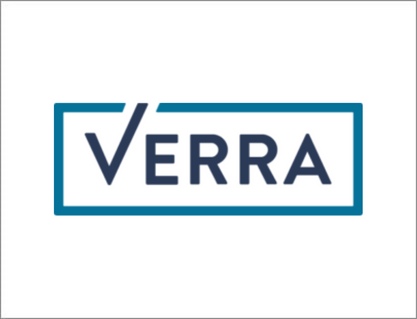 |
The Verra RegistryVerra is a global leader helping tackle the world’s environmental and social challenges by developing and managing standards that help the private sector, countries, and civil society achieve ambitious sustainable development and climate action goals. The standards and programs Verra develops and manages are globally applicable and advance action across a wide range of sectors and activities. Programs undergo extensive stakeholder consultation and expert review, and draw from four key components: standard, independent assessment, accounting methodologies, and registry.
|
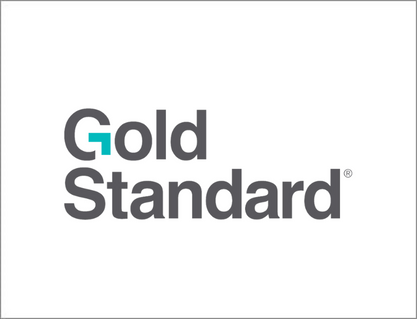 |
Gold StandardThe Gold Standard (GS) is a voluntary carbon offset program focused on progressing the United Nation’s Sustainable Development Goals and ensuring that project’s benefit their communities. It can be applied to voluntary offset and Clean Development Mechanism (CDM) projects. The GS CDM was launched in 2003 after a two-year consultation with stakeholders, governments, non-governmental organizations, and private sector specialists from over 40 countries. The GS for voluntary offset projects was launched in 2006. The GS project registry – containing all projects implemented through the standard was launched in 2018.
|
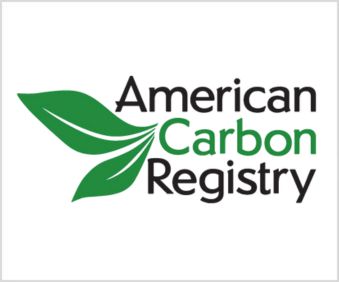 |
American Carbon Registry (ACR)The American Carbon Registry (ACR), a nonprofit enterprise of Winrock International, was founded in 1996 as the first private voluntary greenhouse gas registry in the world. Winrock operates ACR to create confidence in the environmental and scientific integrity of carbon offsets in order to accelerate transformational emission reduction actions.
|
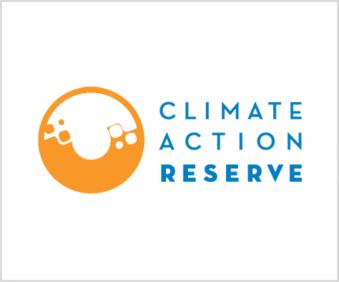 |
Climate Action Reserve (CAR)The Climate Action Reserve (CAR) is an offset registry for global carbon markets. CAR establishes high quality standards for carbon offset projects, oversees independent third-party verification bodies, issues carbon credits generated from such projects and tracks the transaction of credits over time in a transparent, publicly-accessible system.
|
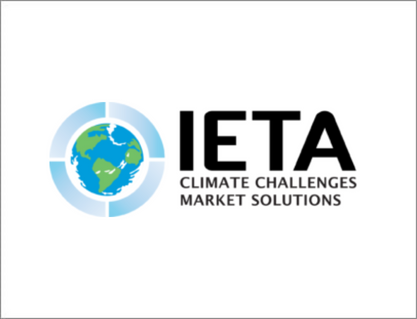 |
International Emissions Trading Association (IETA)The International Emissions Trading Association (IETA) is a non-profit association with more than 250 members who are active stakeholders in the international carbon and emissions markets. The organization was created in 1999 to establish a global framework for greenhouse gas emission reductions trading.
|
|
|
|
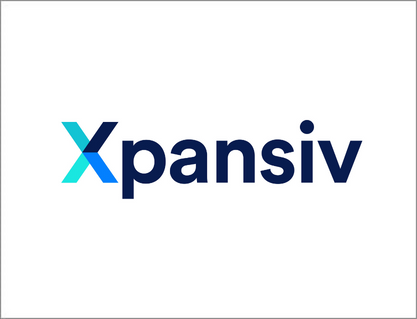 |
Xpansiv CBLCBL has established the first of its kind Standard Instruments Program (SIP) to build on market infrastructure to accompany and govern the launch of spot contracts for the settlement and physical delivery of environmental commodities across existing registries that can be determined as meeting certain defined, standardized criteria for market quality and performance. |
Related Content

Carbon Offsets
A carbon offset is a transferrable credit certified by governments or certifying bodies to represent an emission reduction of one metric tonne of CO2, or an equivalent amount of other GHGs.

Carbon Markets
Global carbon markets are broken down into two major market types; voluntary carbon markets (also known as VCMs) and compliance carbon markets, which vary by jurisdiction.

Carbon Trading
Carbon Trading is a market-based approach to slowing global warming. Supply and demand set the commodity price on carbon credits, offsets, and renewable energy certificates (RECs).
Environmental Commodities
Learn more about our carbon credit, carbon offset and renewable energy certificate (REC) programs & solutions for compliance and voluntary carbon markets around the world.
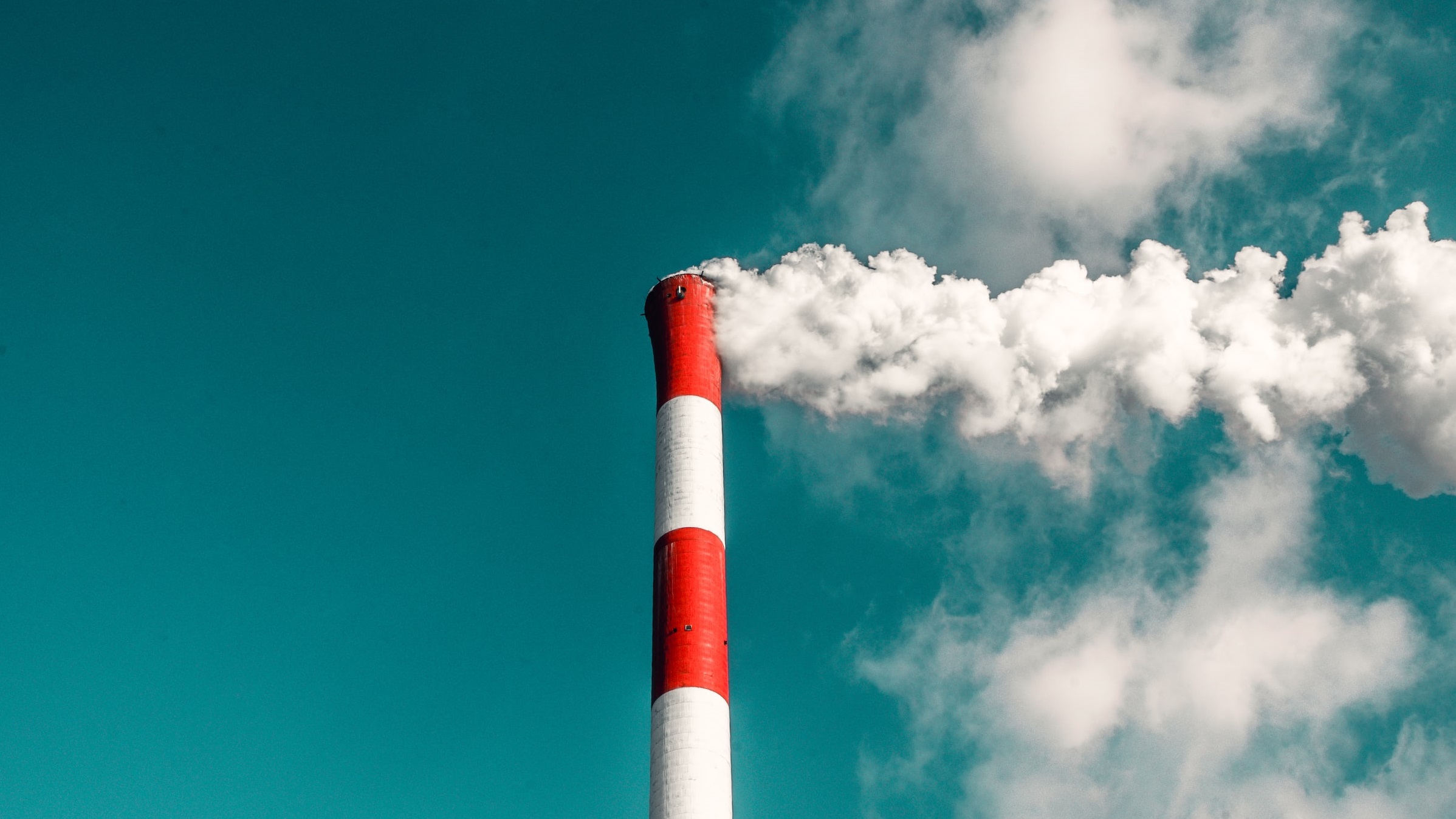
Carbon Pricing
A carbon price typically appears as a carbon tax or in emissions trading, with the main policy instrument being an Emissions Trading System (ETS), also known as Cap-and-Trade (CAT) program.
